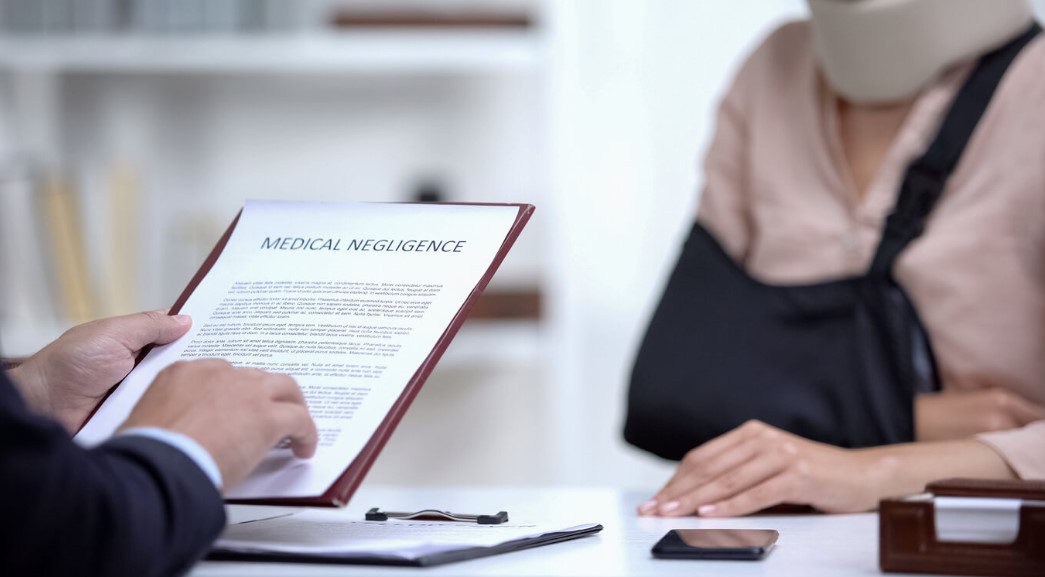
Medical malpractice cases have a sliding scale of fees that must fall between 10 percent and 30 percent of the victim’s net compensation. It is critical to get legal help as early as possible to start the personal injury claim process and do an independent investigation into the malpractice. In New York, this threshold is as low as 10 percent. However, it can go higher depending on the circumstances. In addition, the attorney’s fees can be as high as 30 percent.
Injuries caused by another’s negligence
Injuries caused by another’s negligence can be a source of compensation for the injured party. However, to win a negligence case, the injured party must show that another party was negligent. Understanding the elements of negligence can help you win your case. For example, negligence means that someone violated a duty of care and caused the injured party to suffer injury or damage. The negligence of a third party must be foreseeable.
Negligence can be a cause of action in most personal injury lawsuits. In this context, negligence occurs when a party violates a duty of care to another party, resulting in harm to the injured person. In many cases, this duty includes exercising reasonable care. Therefore, a driver who carelessly hits a pedestrian can be held liable for the injuries caused by his or her recklessness.
Compensation for current and future medical expenses
Almost all personal injury cases are settled, and most cases are resolved through settlement. However, it is possible for a case to proceed to trial. To prove that a client is entitled to compensation for both current and future medical expenses, a lawyer will need to prepare for trial and prove that the plaintiff is likely to incur such expenses. Here are some tips to help you make a strong case. The first step in proving future medical expenses is to identify which procedures will cost the most money.
Future medical expenses are often included in personal injury lawsuits because not all accident victims will require ongoing medical treatment. However, some may have life-altering injuries that require extensive medical care. Moreover, secondary problems may arise during treatment. These costs are part of a person’s overall damages and are an important part of getting compensated. Ultimately, this is what personal injury attorneys will use to prove that the injured party can expect to incur future medical expenses.
Compensation for wrongful death
If someone you love has died due to an accident, you may be eligible for compensation for wrongful death through a personal injury attorney. Wrongful death lawsuits are often filed by the decedent’s personal representative or on behalf of the surviving family members. Wrongful death damages are not limited to financial compensation; other damages may include indirect costs, such as child care and housekeeping. Whether you are eligible for compensation for wrongful death depends on the specifics of your case, but it is always a good idea to consult an experienced wrongful death attorney to determine your chances of success.
In order to pursue compensation for wrongful death, you must prove that the defendant had a legal duty to the deceased. In general, everyone has a legal obligation to use reasonable caution and safety when performing tasks. This means that it is imperative to follow all safety regulations, including the laws and safety standards for any product or service. A breach of duty occurs when the defendant fails to fulfill this obligation and directly causes the death of the surviving family member.
Honesty in hiring a personal injury lawyer
Honest personal injury lawyers Judd Shaw Injury Law will never make unrealistic promises or overcharge you for services. They will be honest about how long it will take to resolve the case and the possible amount of compensation you can expect. The goal of any bodily injury lawyer is to close a claim as quickly as possible and get their clients the maximum amount of money possible. This isn’t always possible, however, because injury claims take time and many variables come into play.
An injury attorney will have access to your medical records and can determine what caused your accident or injury. You should share all relevant information with them, even if you haven’t seen the doctor yet. The diagnosis may be critical to the outcome of your case. In addition, your attorney is bound by attorney-client privilege to keep your medical information confidential. However, if you don’t share all this information, you might be liable for your attorney’s fees.
